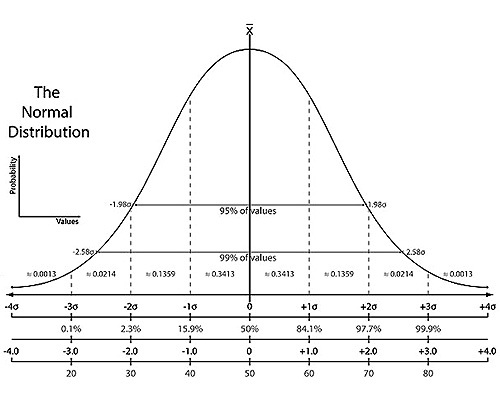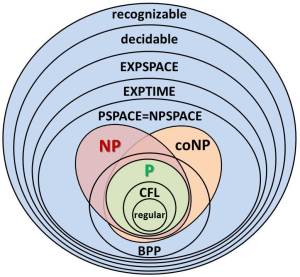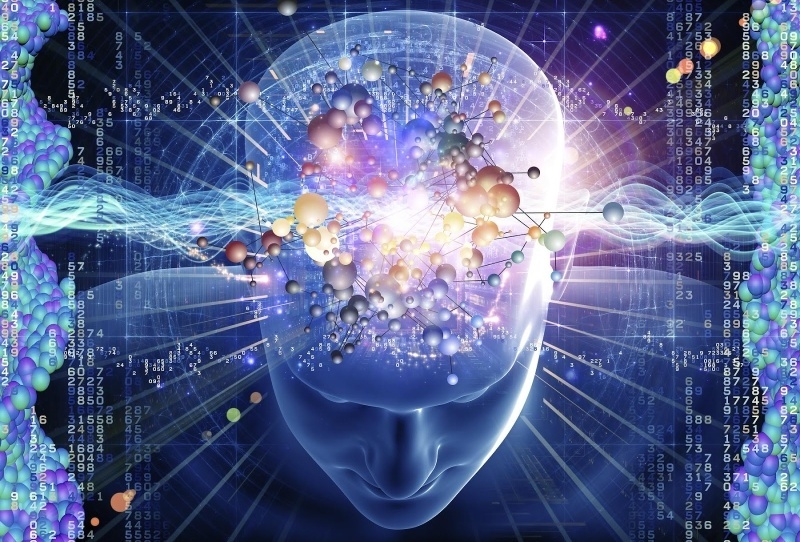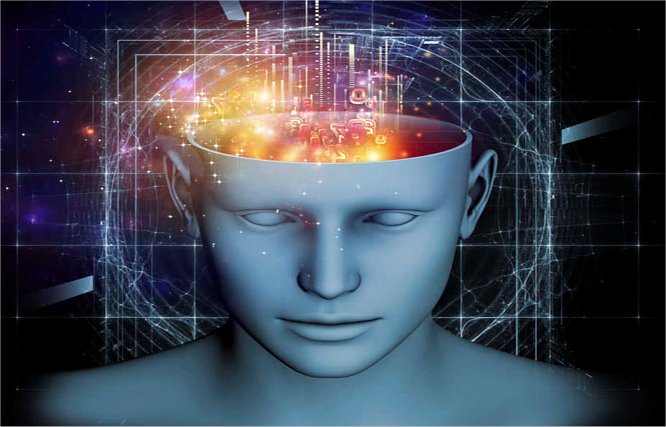This collection of books is a small, but growing example of the millions of books, journals, periodicals, and academic papers we are currently tracking and indexing. We are updating this library constantly. Please return often and review this library as it evolves.
This library is the first step on our way to making Mathesis Universalis (the long-sought search for a unifying principle in all that we know and experience) a reality. Soon our knowledge representations, in their many forms, will be accessible from the pop-up dialogues which appear when you click/tap on a book’s entry in the overview you see. Other types of knowledge sources; such as social media activity, websites, E-Mails, audio, video,… are also going to be included in our tracking and indexing system.
I, Carey G. Butler, have been working on this idea since 1989 during my study of Foundational Mathematics and Complex Analysis. I then moved to Germany in 1990 to continue my study (this time in the original German language) of many German mathematicians and philosophers such as Carl Friedrich Gauss, Bernhard Riemann, Gottfried Wilhelm Leibniz,… During that first year I began to formalise the idea as I began to learn the German language more intensively.
The journey has been a long one and was finally conceptually refined in March of 2009. The journey has taken many, many turns in the years since. I have made several key discoveries in mathematics, philosophy, and linguistics along the way which I, due to my concerns about priority, have not yet published. A few of these discoveries are documented elsewhere though, but I have been very careful to withhold many aspects of their details until I was able to find and/or adapt current technologies to bring them to a useful expression and application in their fullness. I was confronted with many obstacles and challenges, but I never gave up. For more information about my plans, please visit our website at Mathesis Universalis in English or Mathesis Universalis auf Deutsch.
As it stands, we could have created this library application a year ago. It is, in itself, nothing very special for programmers who know how to build applications like it. However, as we developed and tested the predecessor to this application, it soon became very clear that the sheer volume of data being manipulated was creating increasing demands on the conventional technology we were using at the time. Our concerns about processing time, network speed, and infrastructural demands forced us to step back and create a better foundation which could be scaled to any degree. We have spent the last 8 months (August 2021 – April 2022) building a ‘symphony’ of cloud applications and an infrastructure which is now fast, reliable, and scalable.
Towards that aim, this library represents the ‘orchestration’ of a collection of cloud apps we created or have forked and modified for our purposes that is distributed over several servers. Its backend is primarily driven by a distributed Couchbase database to store and to manipulate the massive amount of data. Also other kinds of databases are implemented for temporary storage or for the frontend’s presentation and housekeeping.
We are currently developing a Progressive Web App which will use this library as one of its sources to present our knowledge representation.
Finally, after 13 years of investment of all kinds and, on the 8th birthday of one of my most important discoveries (‘We Have a Heartbeat‘),…
The stage is set… let the play begin!




 One reason why Karl Marx is so revered is, because ‘intellectuals’ don’t realise that he based his political philosophy on the work of the philosophers of his day, as well as those which came before. Some aspects of these philosophies are now out-dated and have been superseded by modern philosophers who came after.
One reason why Karl Marx is so revered is, because ‘intellectuals’ don’t realise that he based his political philosophy on the work of the philosophers of his day, as well as those which came before. Some aspects of these philosophies are now out-dated and have been superseded by modern philosophers who came after.

 (Links below)
(Links below)




